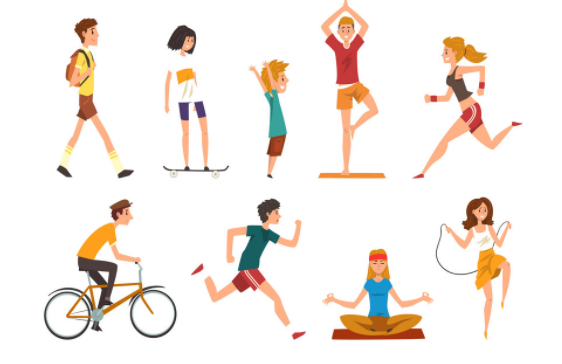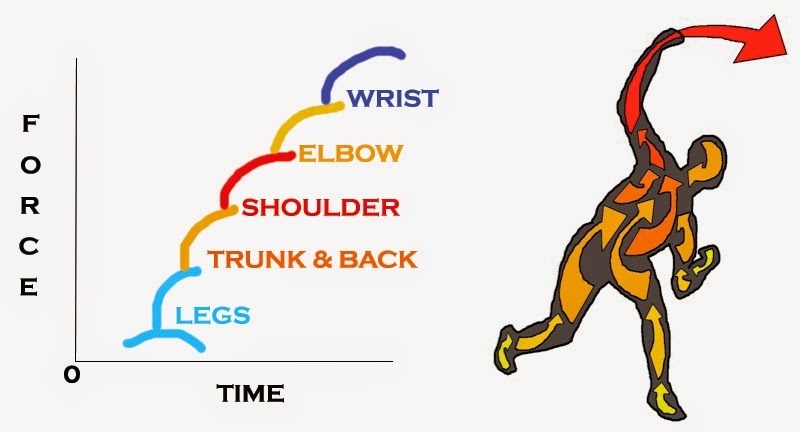Jan and I had a great time attending the 2022 Hand Therapy Conference over the past few days.
Unfortunately, given the COVID-19 pandemic, this conference was held fully virtually instead of in person. However, there was still plenty to learn from some amazing speakers.
We would love to share some of our new knowledge with all of you and so have created a list of the 3 top tips we took away from our conference.
Tip 1
Make sure that your teens stay physically active, especially through the years of puberty.

Did you know that our tendons stop developing and growing by the age of 17??
Puberty, as we all know, is a very important time for growth in children. It is an especially important time for bone and tendon growth and maturation. By the time you turn 17, your tendons are fully developed and do not have the ability to structurally change again in your lifetime.
This means that is very important for children to stay active during puberty in order to ensure their tendons develop properly, with the ability to withstand the load that they will be put under throughout the rest of their lives. Loading the body through participation in sport and play helps to develop healthy tendons as well as strong bones.
This helps reduced the risk of future tendon damage as well as reduce the risk of developing bone disorders (such as osteoporosis) later in life.
Just be aware that children participating in too much/excessive sport or loading at this age are susceptible to injury as these structures are still trying to develop.
Tip 2
If you are struggling to develop a particular sport/physical skill, consider other parts of your body that might not be doing their job to contribute.
Consider the rest of the Kinetic Chain.

Our body will often engage a range of joints and muscles to achieve a task. This concept of different areas of the body having to work together to achieve movement is termed the kinetic chain.
Consider throwing a ball (as seen in the picture above). The body begins by generating force in the legs by pushing the feet into the ground and bending the knees, this force is then transferred to the hips, trunk and back as you wind your body up ready to throw. The force is then transferred to the shoulder and elbow as you bring your arm back and then through to the wrist as you release the ball.
If just one of these parts of your system is not working well, you will not be able to generate the same amount of force to throw the ball.
Therefore, when learning a new skill or trying to excel in an existing skill, consider all aspects of your body involved in that task and make sure each area if working well. Perhaps you have poor balance and are therefore not able to generate force well through your legs? Maybe your abdominal muscles are weak meaning you cannot generate sufficient force through your trunk, which puts more pressure on your shoulder to do the work?
Tip 3
Take time out to look after yourself and your own wellbeing.
“Squeeze out your emotional sponge”.

Part of our conference was presented by a counsellor who spoke about the challenges everyone has faced over the past few years with the COVID-19 pandemic.
He noted that a lot of people were becoming burnt-out over the course of the past 2 years. He noted that burnout could present in many different ways; mental burnout, emotional burnout, compassion burnout (feeling you have no more to give to others), relational burnout, superperson burnout (trying to do everything all at once), passion burnout (not enjoying things you used to enjoy as much) and physical burnout.
He described humans as being like a sponge; if we are overfull, we can’t do our job properly. Therefore, it is important that we look after ourselves first before we are able to look after others. We have to come up with some strategies that help us “squeeze out our emotional sponge”.
Part of this process requires us to recognise that it is ok to have emotions but it is how we process and act on these emotions that matter. Giving ourselves time to process these emotions and then come up with healthy ways of managing them is important.
Another aspect to consider is that, when we are overloaded, we often start activating our ‘fight or flight’ nervous system which can have a negative impact on our body if it is activated for too long. Some suggested activities to help calm and relax the body and mind include; listening to music, doing some yoga, going for a walk or taking some slow, deep breaths (in for 5 seconds, out for 5 seconds).
If you feel that your mental health is suffering and that you need more help you can call or text 1737.
There are also some helpful phone apps such as “Headspace” that you can download.
We hope you have enjoyed these few tips.
We are looking forwards to sharing our new knowledge and skills with our other colleagues and our clients!
